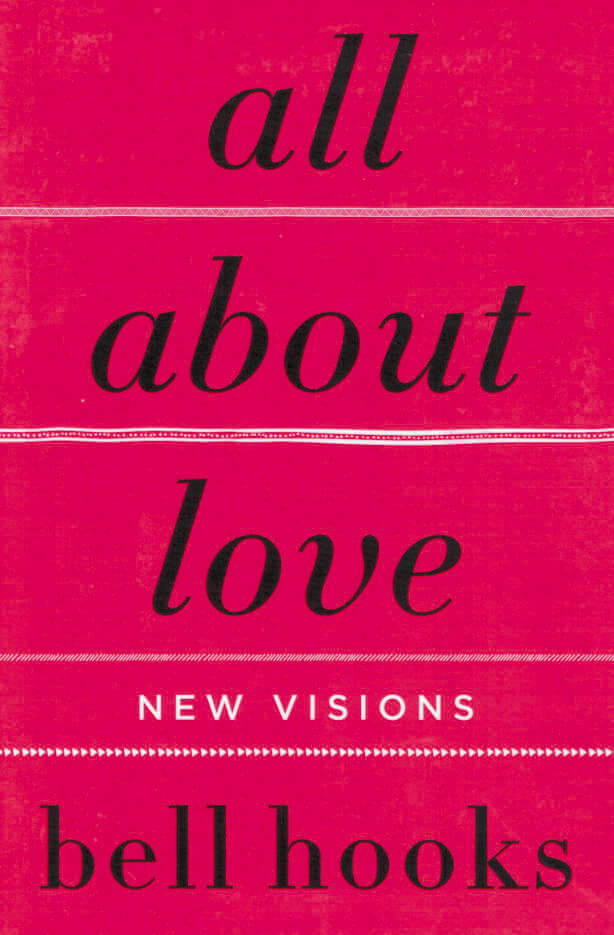
King Kong Theory
Out of print for far too long, writer and filmmaker Virginie Despentes's autobiographical feminist manifesto is back in an improved English translation: "blistering with anger, and so precisely phrased that it feels an injustice to summarize it" (Nadja Spiegelman, New York Review of Books).
I write from the realms of the ugly, for the ugly, the old, the bull dykes, the frigid, the unfucked, the unfuckable, the hysterics, the freaks, all those excluded from the great meat market of female flesh. And if I'm starting here it's because I want to be crystal clear: I'm not here to make excuses, I'm not here to bitch. I wouldn't swap places with anyone because being Virginie Despentes seems to me a more interesting gig than anything else out there.
Powerful, provocative, and personal, King Kong Theory is a candid account of how the author of Baise-Moi and Vernon Subutex came to be Virginie Despentes. Drawing from personal experience, Despentes shatters received ideas about rape and prostitution, and explodes common attitudes about sex and gender.
An autobiography, a call for revolt, a manifesto for a new punk feminism, King Kong Theory is Despentes's most beloved and reviled work, and is here made available again in a brilliant new translation by Frank Wynne.
Language: English




